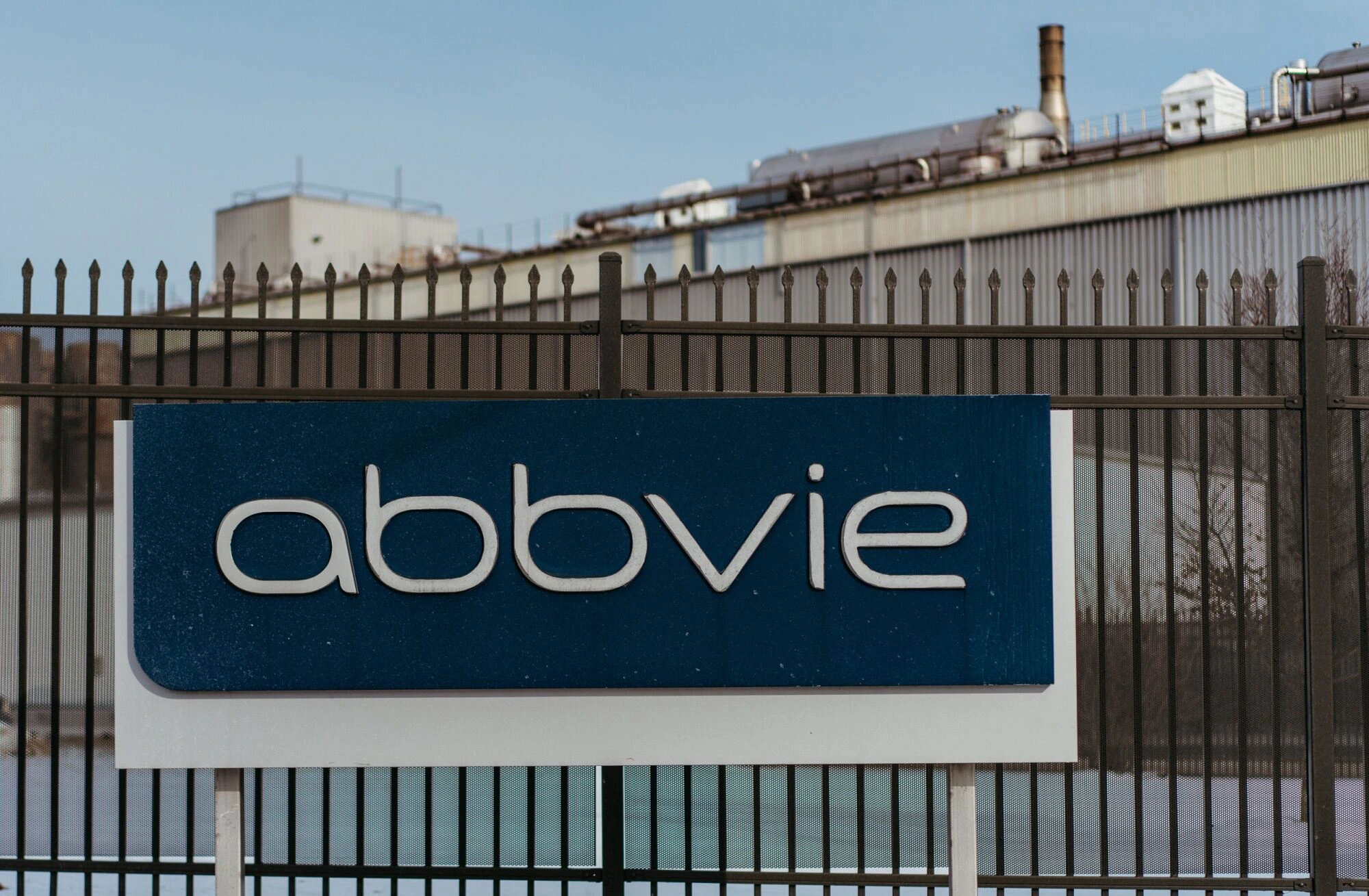

Image Credits: MSN
Due to AbbVie’s $1.2 billion acquisition of Gilgamesh Pharmaceuticals' known depression drug, the psychedelic therapeutics revived from lykos rejection last year. There will be a total of seven programs in the Phase 3 trials throughout the sector, with numerous companies competing for the first approval. With its excellence, curative ability, and psychedelic therapeutics, it has previously gained attention from Big Pharma.
Johnson and Johnson's ketamine derivative Spravato peaked in the US market for depression in 2019, and Japan-based Otsuka Pharmaceutical acquired psychedelic biotech Mindset Pharma and its psilocybin similar assets in 2023. When AbbVie acquired Gilgamesh Pharmaceuticals’ popular depression asset for $1.2 billion last month, it drove excitement across the industry.
Apart from Otsuka and J&J, most of the neuropsych-aimed pharma companies have maintained a distance in terms of the capabilities of psychedelics to cure or meet the required needs of the individuals in this space, commented the chief operating officer at Cybin, Aaron Bartlone. He further added, “Following this, we see the Gilgamesh/AbbVie deal as a very hopeful sign promoting largely commercial and scientific opportunity that’s there.”
The big pharma players that are looking forward to making a profit out of psychedelic assets have various options available. Cybin and Gilgamesh are connected by numerous active players, such as resilient pharmaceuticals recently known as Lykos Therapeutics, which faced the strong wave last month on the FDA’s rejection of its midomafetamine (MDMA) -assisted therapy for post-traumatic stress disorder. Till now, no other crucial pharma firms have yet stepped in. Bartlone said he might see Eli Lilly in, where he started his career by forming in the game. Further, he added, “I’ve many ex-colleagues there and I’ll not be surprised if they enter the space. They are financially strong to invest in.”
Apart from Lily, Suvannavejh suggested looking around the companies that are currently active in the M&A front in neuroscience. He especially mentioned Bristol-Myers Squibb, which spent $14 billion to acquire Karuna Therapeutics in December 2023, and J&J, which was bolstered by this year’s action with a likely amount of buyout of intracellular therapies. Suvannavejh said, “J&J was already ahead in the game by getting into a ketamine-based product in Spravato, so I think they might also show interest in the same.” By analyzing the recent market prediction, these companies have a beneficial reason to get in.